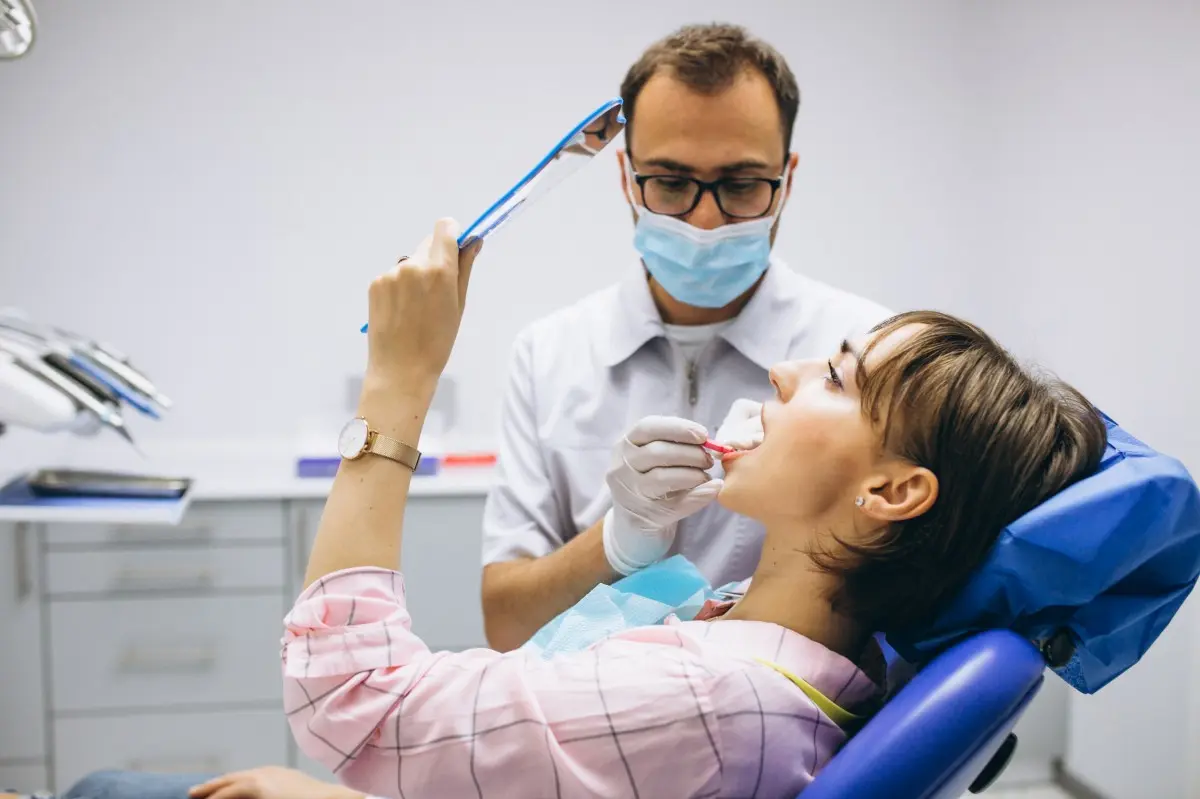
When Shame Stops People from Seeing the Dentist
A recent study has shed light on an often overlooked psychological barrier that prevents many people from seeking dental treatment — dental shame. Researchers from the University of Copenhagen and the University of Exeter explored how feelings of embarrassment, guilt, and stigma about one’s teeth or mouth can discourage individuals from getting the care they need, worsening their oral health over time.
When Shame Becomes a Barrier to Care
The study found that people who feel ashamed of their teeth — whether because of visible decay, missing teeth, or poor oral hygiene — are significantly more likely to avoid visiting a dentist. For many, the fear of being judged or lectured by a dental professional is enough to postpone or completely skip appointments. This avoidance behavior leads to a vicious cycle: as oral problems worsen, shame deepens, making it even harder to seek help.
Researchers noted that shame is not just an emotional issue but a social one. Society places strong emphasis on attractive smiles and “healthy-looking” teeth as symbols of success and self-care. As a result, people with visible dental issues often internalize stigma, feeling that their condition reflects personal failure. This emotional burden can influence not only oral health but also self-esteem, confidence, and social relationships.
Systemic and Social Factors at Play
Beyond individual feelings, the study points to systemic contributors to dental shame. Limited access to affordable care, rising treatment costs, and unequal dental insurance coverage all reinforce the cycle of neglect. Many people avoid seeking care because they assume they will be blamed for their oral health rather than supported in improving it.
Dental environments themselves can unintentionally heighten this shame. Clinical settings that appear judgmental, rushed, or overly focused on aesthetics can make patients feel exposed or inadequate. Researchers suggest that promoting “shame-sensitive” dental practice could help — where practitioners approach patients with empathy, normalize dental problems, and prioritize trust-building over criticism.
The Human Side of Oral Health
The findings highlight that oral health is not only a clinical concern but also deeply tied to emotions, self-image, and social acceptance. Dental shame can isolate individuals, making them avoid smiling, laughing, or even eating in public. By acknowledging these psychological dimensions, dental professionals can take steps toward more compassionate and inclusive care.
Encouraging open communication, emphasizing prevention over punishment, and reassuring patients that it’s never too late to improve their oral health can help dismantle shame-based barriers. The study’s authors emphasize that reducing dental shame is essential not just for better oral outcomes, but also for improving overall well-being and social confidence.
Original Article
Dental shame a barrier to seeking treatment, study finds
Published by Oral Health Group, October 2025